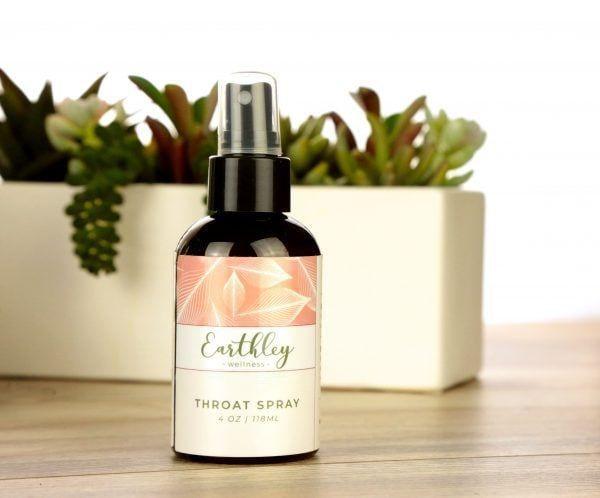Top 10 Tips to Avoid Respiratory Ick
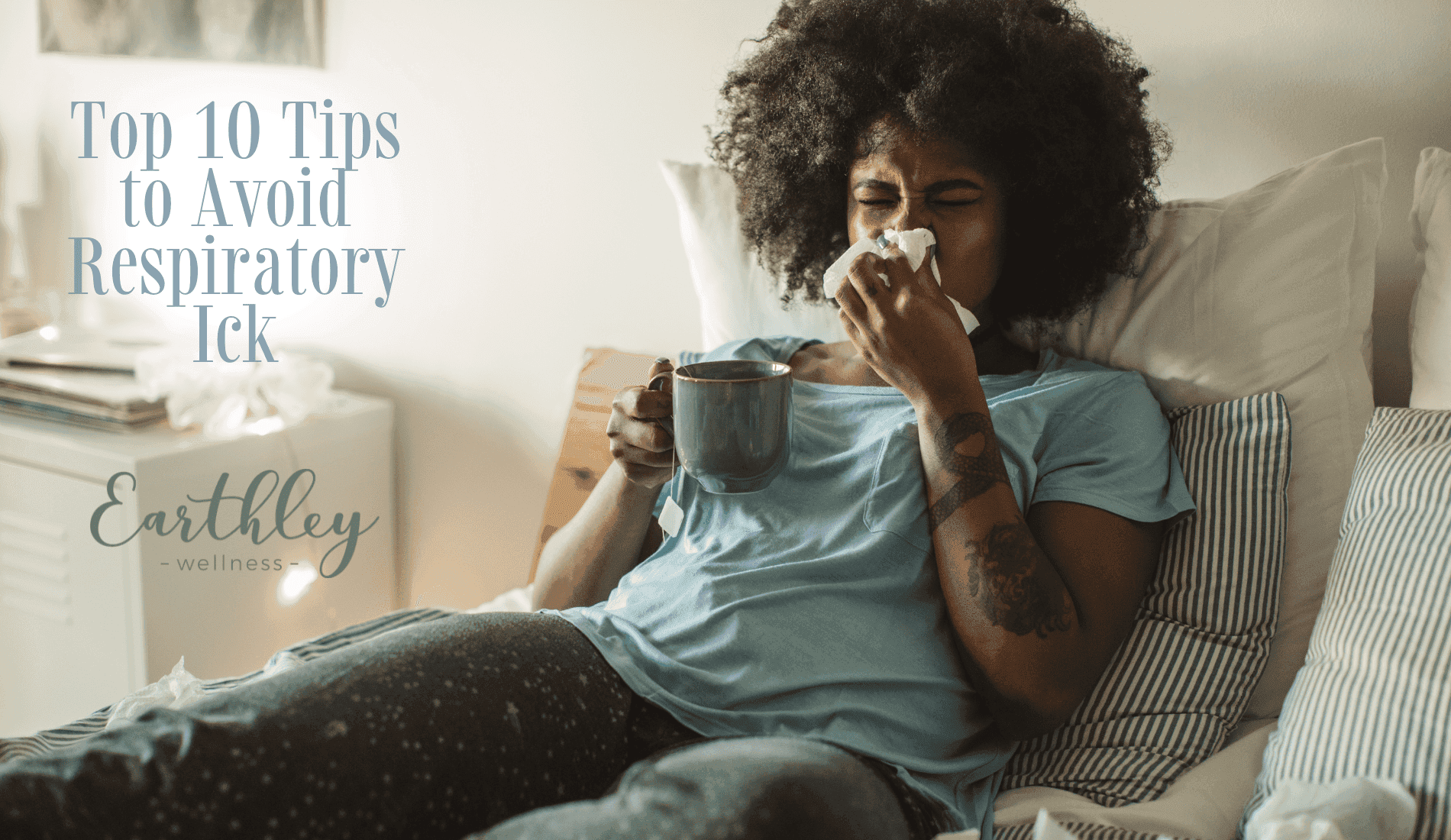
It's that time of the year again. Everyone around us is under the weather with some respiratory junk. The coughs, the sniffles, the just plain uck feeling. And don't forget the sad, little tired toddlers with little red noses. No one wants to go through that, so what supporting things can we do now?
Top 10 Tips to Avoid Respiratory Ick
1. Consume Plenty of Vitamin C
Vitamin C is known as a powerful antioxidant and a very strong supporter of the immune system. The typical vitamin C supplements at stores, though, use isolated ascorbic acid — derived from fermented (most likely GMO) corn or metabolically engineered yeast strains (1). Look for ones that are made with whole foods.
That begs the all-important question: what is the best type of vitamin C, and how do you get it?
- Citrus fruits like oranges and grapefruit
- Strawberries
- Peppers
- Potatoes
- Brussels sprouts and broccoli
- Amla berries
- Camu camu fruit and acerola cherries
2. Get More Vitamin D
Vitamin D is a big supporter of the immune system. It plays such a crucial role that nearly every cell of the immune system has vitamin D receptors for proper function (2).
Try these natural sources of vitamin D:
- Cod liver oil (can even be used in creams and lotions)
- Fish (catfish, tuna, sardines, mackerel, salmon)
- Eggs
- Beef or calf liver
- Mushrooms
- Yogurt
- Sunlight
3. Wash Hands (with simple soaps)
Antibacterial soap has been all the rage the last several years. Unfortunately, while it sounds helpful, it isn’t really. Our bodies make natural oils to help protect the skin from losing moisture and absorbing things we shouldn’t. Additionally, our skin also has good bacteria that helps our microbiome stay in balance and healthy.
Gentle and simple soap bars do the job of washing away things wonderfully while supporting the protective natural oil layers.
4. Eat a Real, Whole Food Diet
We need nourishing foods that help provide us with the vitamins, minerals, and nutrients we need to function well. If we consume a lot of processed foods, then it is hard to get enough of the good nutrients and oftentimes, it overloads us with harmful amounts of sugar, salt, “bad oils,” and synthetic properties.
Check out Wholesome Real Food Favorites Cookbook for meal ideas!
5. Stay Well Hydrated
To flush out toxins, and to support the lymph system, hydration is critical. You want to be sipping supportive beverages often.
- Drink water. Seems obvious, we know, but we also know we all need that reminder sometimes too!
- Watermelon, Coconut and Cucumber are great water sources when you need a drink and a snack
- Electrolyte drinks to keep your fluids and electrolytes balanced
- Add fruits and herbs to your water for more flavor when you need that extra taste (lemon, raspberries, mint, etc)
- Herbal teas if you have them on hand (or want to stock up)
Worried about your water? Check out What You Need to Know About Water Filters
6. Get More Exercise
All the fluid is getting pushed around through our body’s tissues into the lymphatic vessels, and it isn’t just fluid in there! In the lymph, our body transports hormones, fat, fat-soluble vitamins, and our big immune system fighters patrolling for invaders. Virus cells and toxins are also floating around in the lymph. These things come from all around the inside of our body (dragged out of the tissues) and outside of our body (absorbed through the skin).
Our bodies move fluid differently than the blood’s circulatory system. The lymphatic system does not have a pump like our circulation has the heart. Movement is the key to lymphatic flow, especially from the centrally located diaphragm. This keeps the fluid going like it should. Deep breaths through the nasal passages and rebounding activities are great for keeping fluid moving. This will help reduce fluid retention, detox the body, support muscles, and relieve stress to keep your overall health going strong!
Read more in What You Need to Know About Your Lymphatic System.
7. Get Quality Sleep
Sleep is so important. This is when our bodies and minds can restore and repair for a healthier you. If you are having trouble sleeping, then your body may be struggling to keep up with even the minimum energy levels, much less feeling fully functional.
Did you know that there are mineral and vitamin deficiencies that can affect your ability to fall asleep and stay asleep? Magnesium is often one of the culprits.
Have you tried the Good Night Lotion (Magnesium Lotion) at Earthley?
Learn more about magnesium and the 3 other common causes with The Secret to a Good Night’s Sleep and 7 Surprising Reasons That Kids Don't Sleep Well.
8. Relieve Stress Levels
However, there can be a large buildup of stress as everyone rushes and fusses over the preparation of the holidays. Stress can cause so much internal chaos it creates an overabundance of cortisol.
Cortisol is a steroid hormone that is produced in the adrenal glands from cholesterol. Cortisol is known as “the stress hormone” because your body creates more of it when you are stressed out. Managing your expectations and setting boundaries is a key to recovering from hormonal imbalances.
Learn more in this guide: What No One Tells You About Hormone Balance or in Understanding Menopause (and perimenopause).
Because if your cortisol levels are out of balance, it’s going to throw melatonin and serotonin out of balance too, which can then impact your eating habits, your energy, your sleep, and every other hormone in your body!
Ways to help?
- Get Moving
- Chiropractic Care
- Just Say No
- Adaptogenic Herbs like Ashwagandha, Schisandra berry, Astragalus, and Lemon Balm -- these are what we use in many of our calming products.
Are you wondering if adrenal health is part of your stress? Try these DIY: Adrenal Cocktails.
9. Avoid Fragrance & Room Sprays
These have chemicals that can cause damage or irritate the lungs! If you are looking for a simple and refreshing room spray and all purpose cleaning spray, mix a few drops of your favorite EO, half cup of vodka, 1 cup of water (or a bit less water so it is about 63% alcohol instead of 50% -- the CDC’s recommended concentration for antibacterial use).
10. Use Supportive Herbs
There are so many great herbs that help support the immune system and respiratory health. Here are some of my favorites (and great supplements that match).
Disclaimer: This post is not intended as medical advice. These statements have not been evaluated by the FDA, and nothing in this post is intended to diagnose, treat, or cure anything. If you have questions, please do your own research or seek advice from a health professional.
Sources:
1 https://www.ncbi.nlm.nih.gov/pmc/articles/PMC522139/
2 https://pubmed.ncbi.nlm.nih.gov/32353972/
Check out these products!
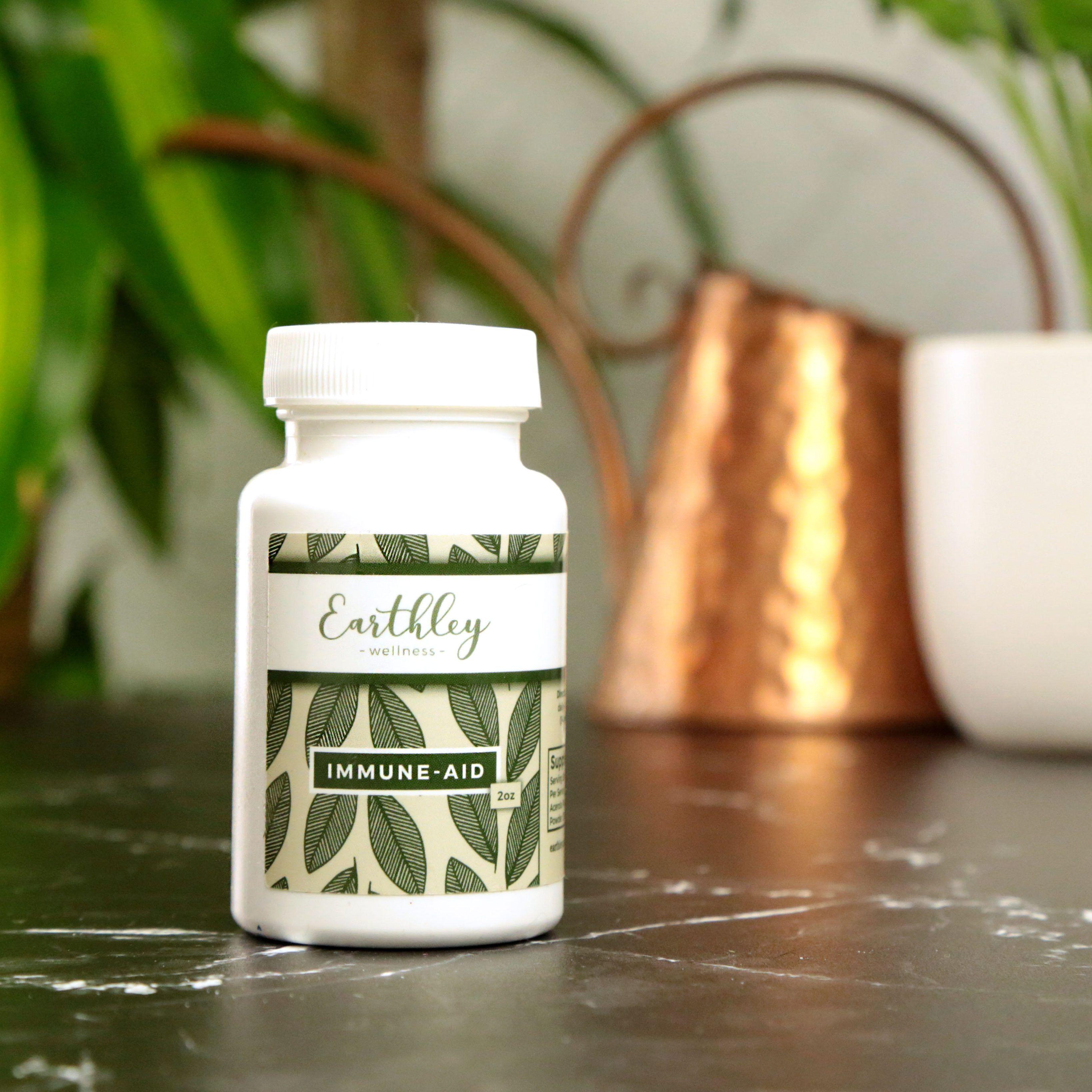
A super food vitamin C source

A rich natural source of vitamins A and D and omega-3 fatty acids that support immune, brain, and gut health
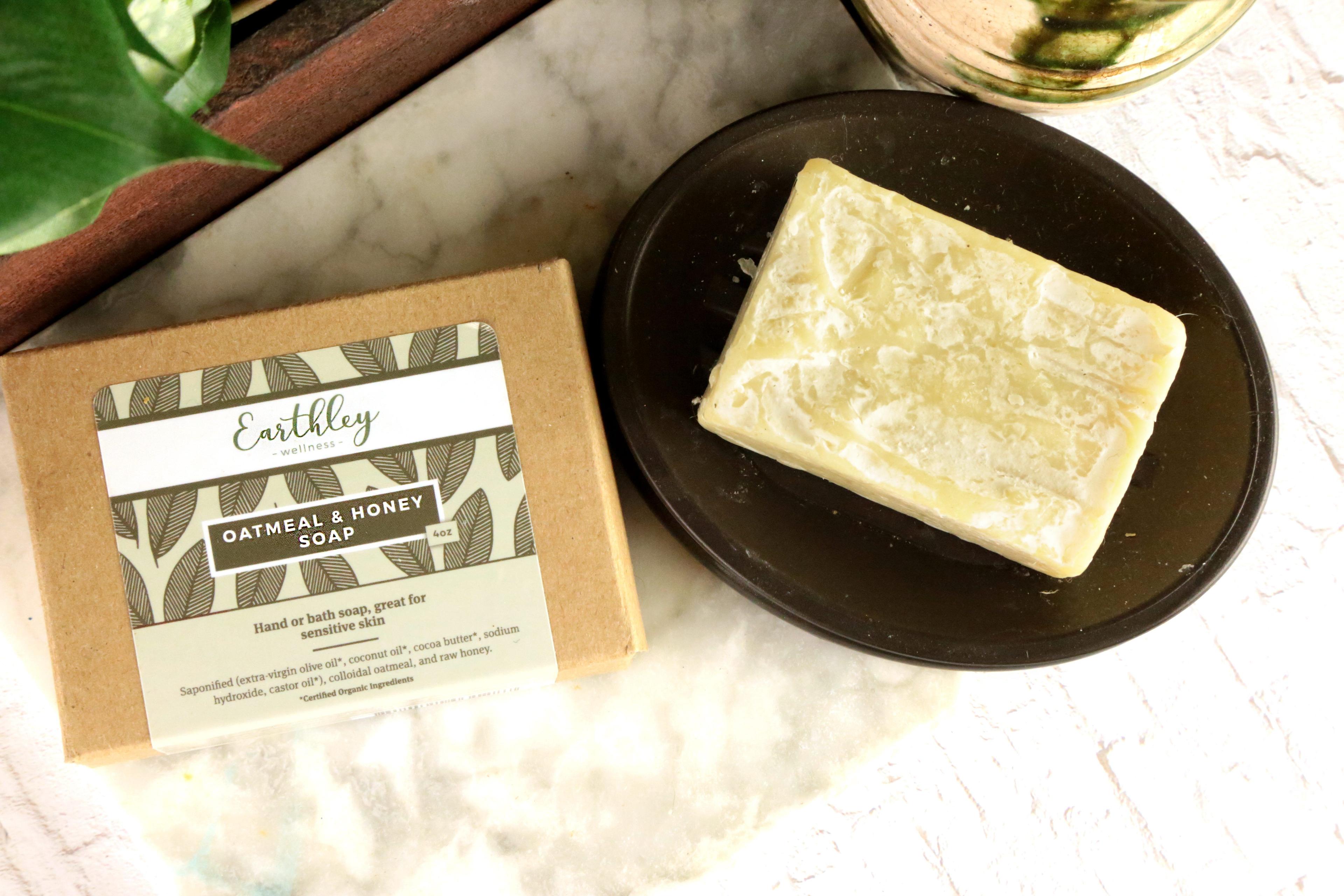
For dry, damaged skin

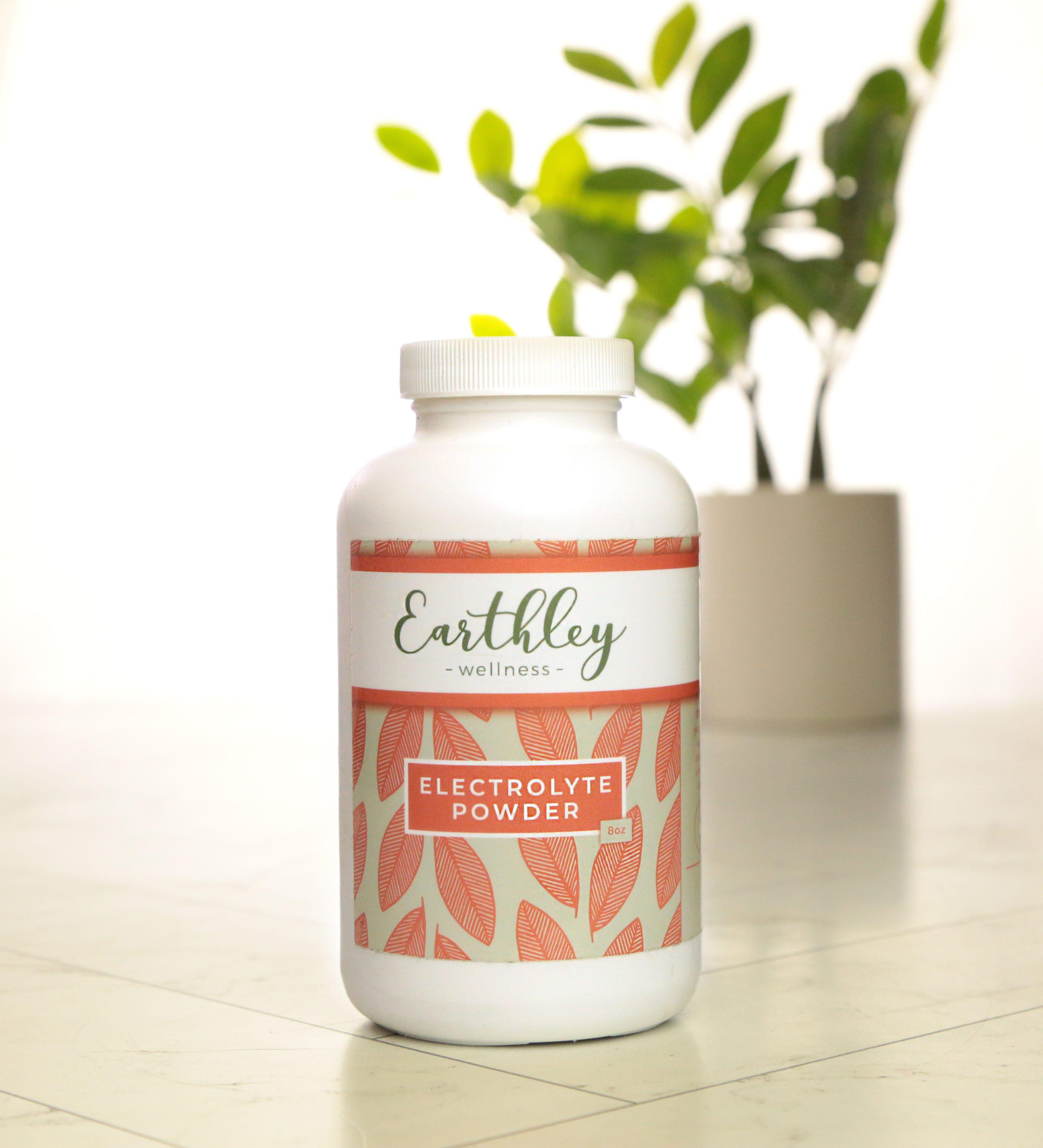
To hydrate with natural electrolytes during endurance or illness

For healthy sleep and magnesium (NEW! Moonlight Bloom scent)
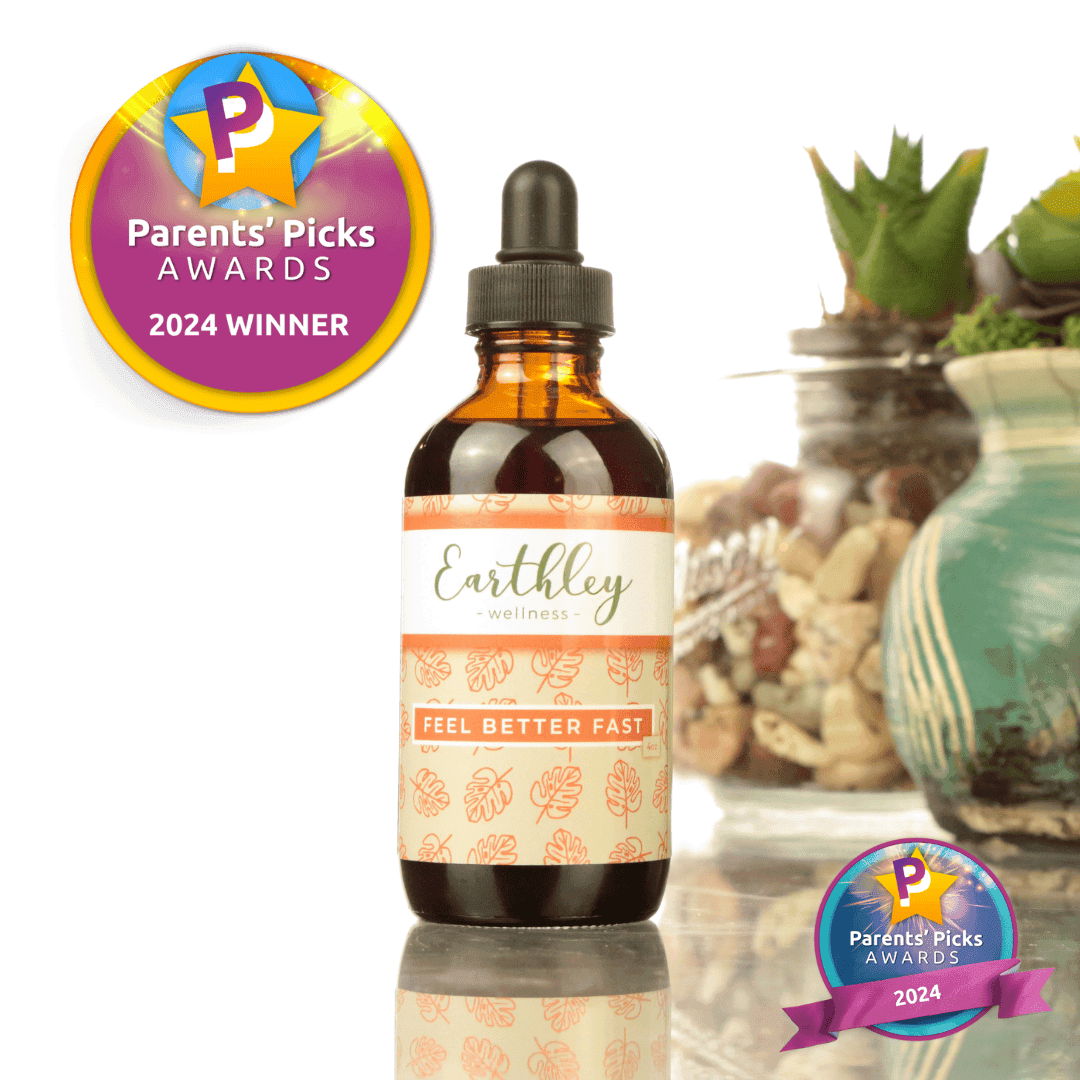
For fever, upset stomach, discomfort, and immune support
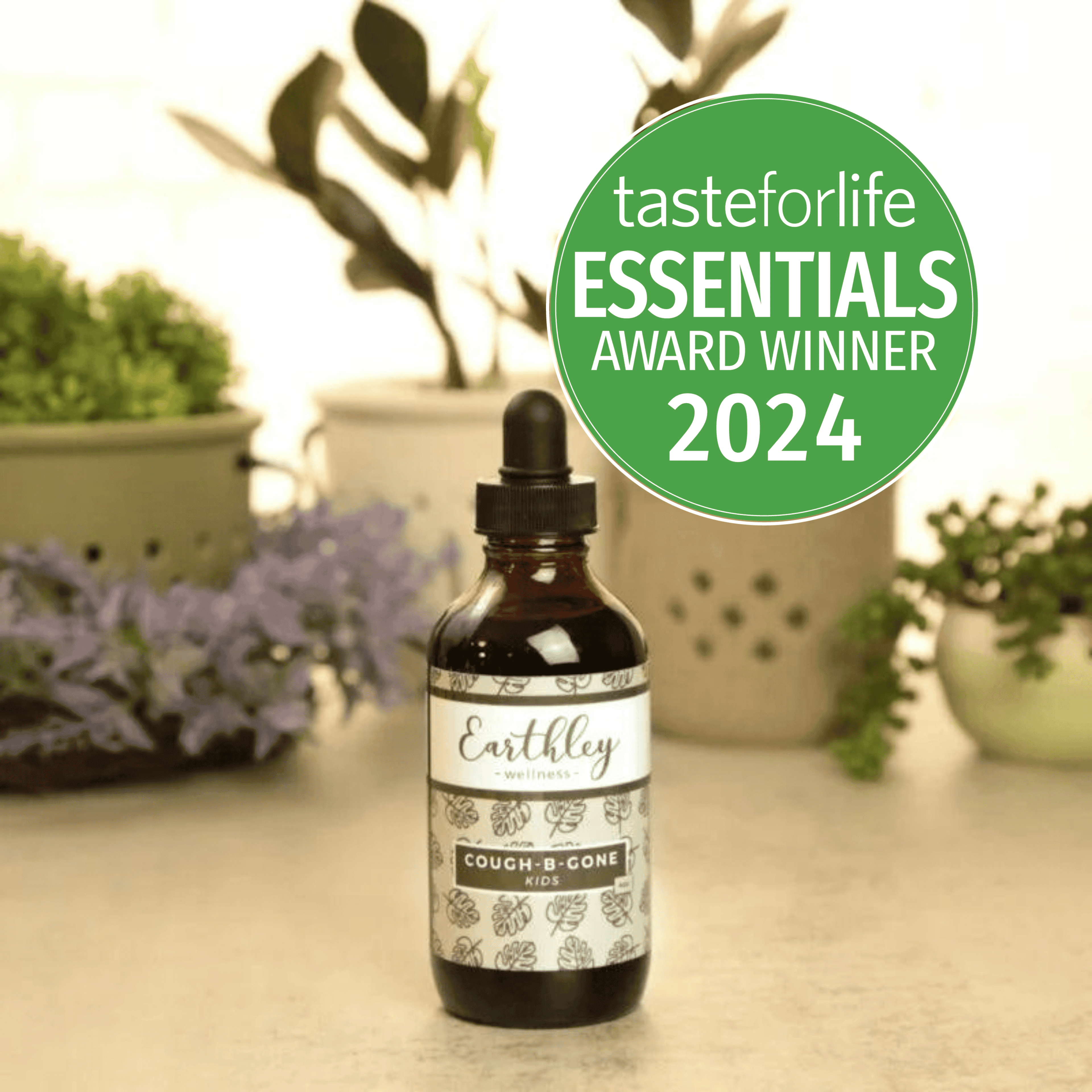
For the relief of occasional coughs and congestion
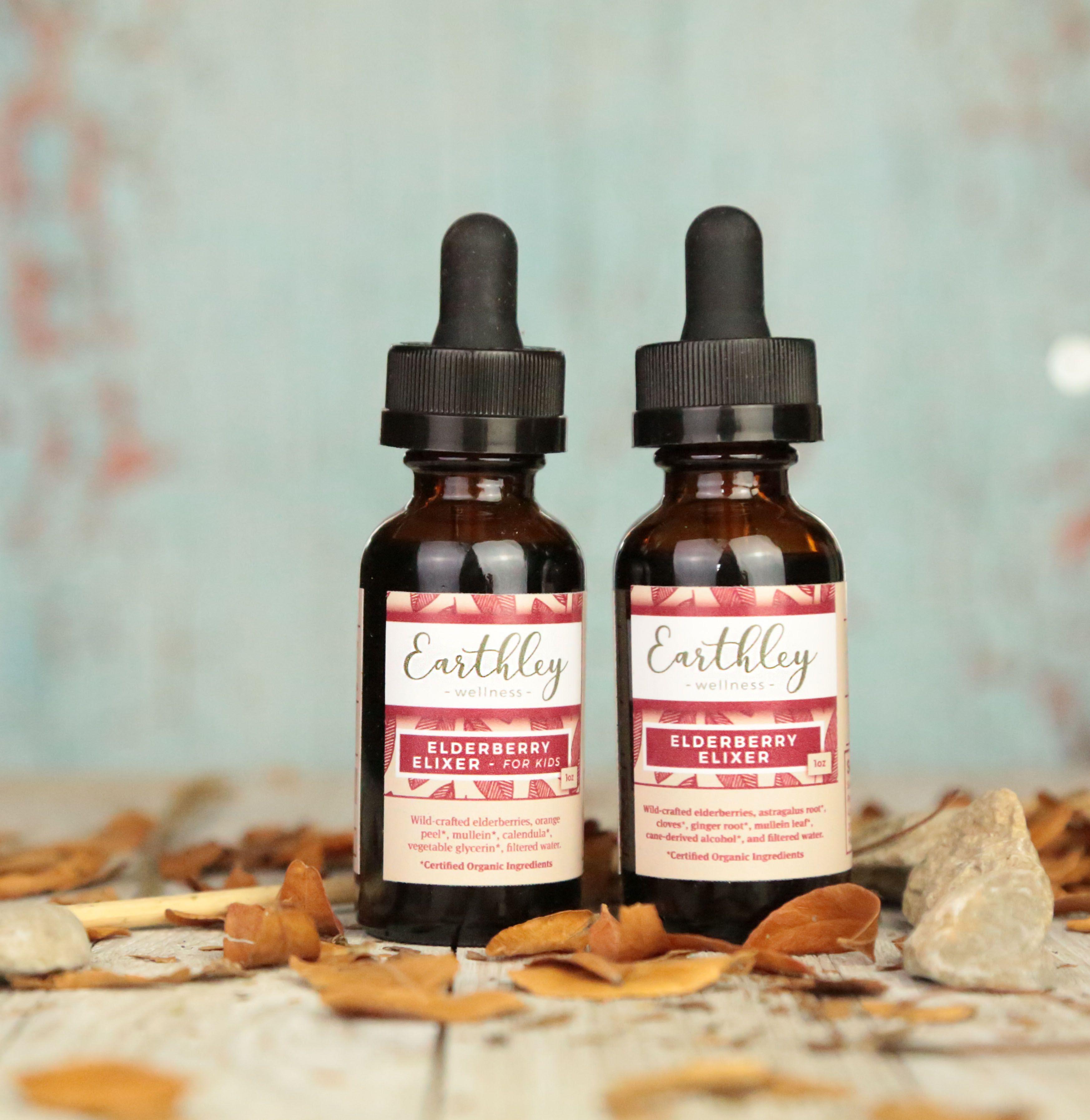
For general immune support and cold symptoms
